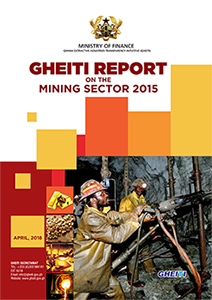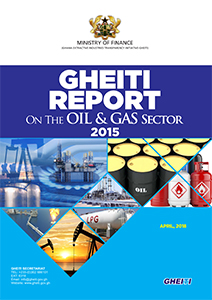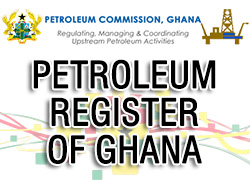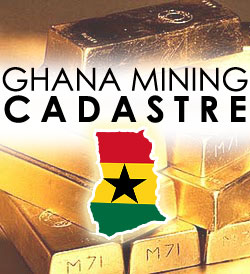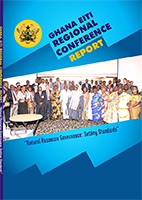| REIK-Hub builds CSO’s capacity in natural resources governance |
 |
 |
 |
|
Mineral exports have for many years played an important role in the economy of Ghana and the sector has over the last two decades been one of the key targets of policy reforms in the country. The policy reforms have been predicated on a growing contention about the contribution of the natural resource sector to national economic development. On the one hand, the natural resource sector has been hailed as the key pillar to Ghana's economic recovery and growth.
The most publicized benefits of the renewed mining boom for instance, include the sector being declared as the leading earner of foreign exchange in the country, provider of substantial government revenue and direct and indirect employment, as well as the strengthening of physical infrastructure for community development in mining areas. However, measured against the level of incentives provided for transnational mining corporations, environmental destruction, and social problems generated by the activities of mining, the net contribution of the sector to national economic development has been either minimal or negative. A study by Ghana's Environmental Protection Agency in the 1990s estimated the environmental cost of mining to be four per cent of the country's GDP. A later study by the World Bank puts the environmental cost at 10 per cent of GDP. Though these figures have been contested by the Chamber of Mines on several platforms, the fact remains that we couldn't talk about the benefits of natural resource extraction without factoring in the cost dimension. Similarly, the sector's contribution to government revenue has been relatively minimal in the light of huge capital allowances and tax holidays, and the practice of deferred royalty payment. It is against this background that the Regional Extractive Industries Knowledge Hub (Reik-Hub) of the Ghana Institute of Management and Public Administration (GIMPA) is organizing a Summer School on governance of oil, gas and mining in Africa. The school, according to the organizers will facilitate a deeper understanding of the issues and challenges in the Extractive Industries in the region, use the insights to improve upon the existing frameworks in the countries of the region and further develop regional capacity to provide effective training and mentoring to grow the number of knowledgeable, skilled human resources, equipped to affect strong oversight and governance of Extractive Industries (El) and resources. The school which is one of the Hub's core activities is open to senior level civil society activists who have been engaged in the extractive sector, Members of Parliament serving in EL relevant parliamentary sub-committees and senior level journalists/editors that cover El related topics. The 2-week residential course comprehensively covers fundamental and intermediate governance issues in the El value chain. It also seeks to deepen knowledge and to equip participants with skills to undertake independent analysis of fiscal and revenue management policies, Extractive Industries Transparency Initiative (EITI) reports, contracts, and understanding of key legislation in their own countries. Based on sound independent analysis of these frameworks, accountability actors can develop informed strategies to engage in the management of the sector. Over the last two years, 75 participants have come from Tanzania, Uganda, Nigeria, Sierra Leone, Liberia and Ghana to be trained during the summer school, but this year country representation has been broadened further to include more resource rich countries in Anglophone Africa. An integral aspect of the summer school is a field trip to mining sites where participants interact with chiefs and community people in the mining areas. "This is a particularly useful exercise, says organizers, as besides affected communities, participants have ample interaction with the mining company in a classroom setting where mine staff take turns to make presentations ranging from mine geology reserves of the mine, mining methods, the company's environmental stewardship and their community development programs. Furthermore, participant interact with local government officials t understand some of the administrative challenges faced by mining districts and how revenues from the industry are used to address their peculiar issues. Again, the field trip allow participants to grasp issues from all stakeholders and upon returning to campus undertake independent analysis on where problems lie, identify legal fiscal and administrative solutions using knowledge and skills gained during the summer school. For those participants drawn from national NG0s the field trip opens their eyes to potential areas of engagement identifying issues that can be addressed a national level to relieve sub-national challenges. Members of Parliament also develop plans to raise issues with their peers in parliament, and the media representatives write stories that put the spotlight on the issues uncovered. Local government officials attending the summer school have the opportunity to learn from international best practices to deal with the challenges they face at the local level. Source: Public Agenda |



